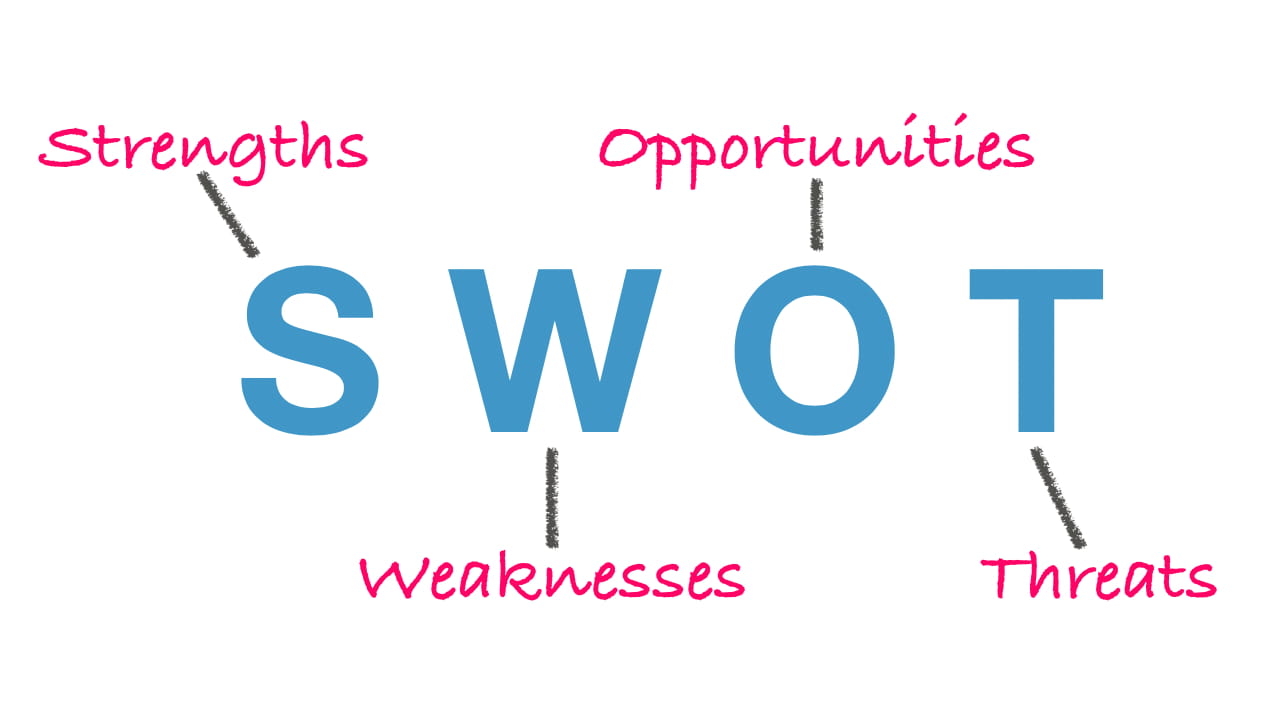
The Arbitrum $ARB ecosystem, a Layer 2 solution for Ethereum, has been making significant strides in the world of blockchain technology. With its decentralized governance model, Ethereum compatibility, Layer 3 solution, and active ecosystem, Arbitrum has established a strong foundation. However, it also faces challenges such as a complex governance structure and dependence on Ethereum.
Recent developments in the Arbitrum ecosystem have added to its strengths. The distribution of token allocations to eligible DAOs is expected to further decentralize the ecosystem and incentivize participation. Additionally, in collaboration with Manta Network, Arbitrum is rolling out a series of Private Soul Bound Tokens (zkSBTs) to provide private on-chain identity verification for its users. This feature enhances user privacy without compromising the transparency and security of the network. Furthermore, the continuous addition of new projects to the ecosystem, such as Arbitrum Exchange, Vox Finance, FlokiYoga, and BLOX Finance, adds to its diversity and vibrancy.
However, these developments also present new opportunities and threats. The continuous addition of new projects to the ecosystem presents an opportunity for growth and innovation. On the other hand, the success and growth of the Arbitrum ecosystem could become heavily dependent on these new projects. If these projects fail to deliver on their promises or encounter issues, it could negatively impact the Arbitrum ecosystem. Similarly, while the on-chain private identity verification feature enhances user privacy, it could also raise concerns among some users and regulators.
Despite these challenges, the Arbitrum ecosystem continues to grow and innovate. With its strong foundation and continuous developments, Arbitrum is poised to become a leading player in the blockchain space. As it navigates through its strengths, weaknesses, opportunities, and threats, the future of the Arbitrum ecosystem looks promising.
Strengths
Decentralized Governance: Arbitrum operates with a decentralized governance model. This means that individuals across the ecosystem can participate in governance, and token holders control protocol upgrades, funds allocation, and the election of a Security Council who can perform emergency upgrades. This decentralized approach ensures that power and control are distributed among the users, which can lead to more democratic and fair decision-making processes.
Ethereum Compatibility: Arbitrum is fundamentally aligned with the Ethereum ecosystem, which is one of the largest and most active blockchain ecosystems. This compatibility allows for easy integration and interaction with a wide range of existing Ethereum-based projects.
Layer 3 Solution: Arbitrum offers a Layer 3 solution, Arbitrum Orbit, which allows anyone to easily launch a new Arbitrum chain. This feature can foster innovation and development within the ecosystem.
Active Ecosystem: Arbitrum has a vibrant and active ecosystem with a wide range of projects and tokens. This diversity can lead to a more robust and resilient ecosystem.
Token Distribution to DAOs: Recently, Arbitrum has started distributing token allocations to eligible Decentralized Autonomous Organizations (DAOs) in its ecosystem. This move is expected to further decentralize the ecosystem and incentivize participation from various projects.
On-chain Private Identity Verification In collaboration with Manta Network, Arbitrum is rolling out a series of Private Soul Bound Commemoratives( zkSBTs) to feed private on-chain identity verification for its addicts. This feature enhances user privacy without compromising the transparency and security of the network.
Growing Ecosystem: New projects continue to join the Arbitrum ecosystem, adding to its diversity and vibrancy. Recent additions include Arbitrum Exchange, Vox Finance, FlokiYoga, and BLOX Finance, each bringing unique features and opportunities for users.
Weaknesses
Complex Governance Structure: While the decentralized governance model has its strengths, it can also be a weakness. The complexity of the governance structure, which includes token holders, delegates, and a Security Council, can be difficult for some users to understand and participate in.
Dependence on Ethereum: Arbitrum's close alignment with Ethereum means that it is heavily dependent on the Ethereum ecosystem. Any issues or changes in Ethereum could potentially impact Arbitrum.
Opportunities
Growing Interest in Layer 2 Solutions: As the Ethereum network continues to struggle with scalability issues and high gas fees, there is growing interest in Layer 2 solutions like Arbitrum. This trend presents a significant opportunity for Arbitrum to attract more users and projects.
Expansion of Validator Set: Arbitrum has the opportunity to expand its set of validators to include more organizations across the ecosystem. This could enhance the security and reliability of the network.
New Project Integrations: The continuous addition of new projects to the Arbitrum ecosystem presents an opportunity for growth and innovation. These projects not only add to the diversity of the ecosystem but also bring in new features and opportunities for users.
Private Identity Verification: The collaboration with Manta Network to provide on-chain private identity verification presents a significant opportunity. This feature could attract users who value privacy, potentially leading to an increase in user base and activity on the network.
Threats
Competition: The blockchain space is highly competitive, with many Layer 2 solutions vying for users and projects. Arbitrum faces competition from other Layer 2 solutions like Optimism, zkSync, and Polygon.
Regulatory Uncertainty: Like all blockchain projects, Arbitrum faces the threat of regulatory uncertainty. Changes in regulations or legal frameworks could impact the operation and growth of the Arbitrum ecosystem.
Dependence on New Projects: While the addition of new projects to the ecosystem presents opportunities, it also poses a threat. The success and growth of the Arbitrum ecosystem could become heavily dependent on these new projects. If these projects fail to deliver on their promises or encounter issues, it could negatively impact the Arbitrum ecosystem.
Privacy Concerns: While the on-chain private identity verification feature enhances user privacy, it could also raise concerns among some users and regulators. If not properly managed, these concerns could potentially lead to regulatory issues or a decrease in user trust and participation.
